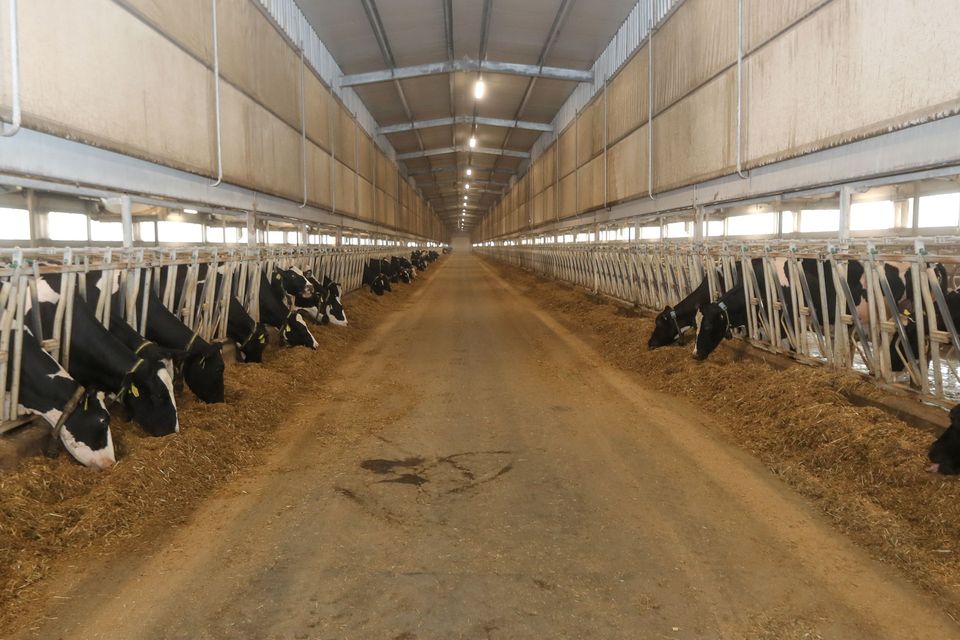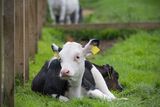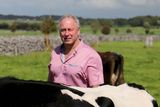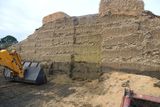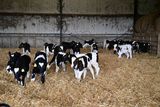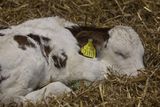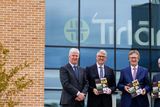Qatari-backed dairy farm to produce 50pc of Algeria’s milk powder needs, impacting Irish exports
Cows are are fed at a dairy factory at Baladna farm in the city of Al-Khor, 60km north of the Qatari capital. The cows are housed in climate-controlled farms in the desert. Photo: Karim Jaafar/AFP via Getty Images
Qatar’s largest dairy processor has signed a $3.5bn contract to build a massive dairy farm and milk powder production facility in Algeria, an important market for Irish dairy produce.
Once built, this project will enable the local production of 50pc of Algeria’s powdered milk needs, supply the local market with red meat and contribute to the increase in the national cattle herd.
Algeria has become a key export market for Irish dairy produce with 31,648 tonnes exported last year to the value of €100.3m.
Qatar’s Baladna was established in 2017 and now supplies over 95pc of the country’s fresh dairy products.
The company, which started with just 3,400 cows, now reportedly milks 22,000 cows, with the animals fed hay imported from Asia, Europe and Africa.
The Algerian deal will see the creation of integrated dairy farms and powdered milk production through a partnership between the Qatari company and the Algerian state, represented by the National Investment Fund (FNI).
With a total area of 117,000 hectares, the project consists of three sites, each containing a farm for cereal and fodder production, a dairy cattle farm, and a milk and meat production unit, as well as a powdered milk production factory.
Read more
The move is expected to create 5,000 direct jobs and produce 200,000 tonnes of milk powder. Numerous facilitations have been granted to this project, particularly in terms of land access, support and financing.
Algerian President Abdelmadjid Tebboune disclosed that the North African country is on the verge of signing the agreement, highlighting the country’s pursuit of “self-sufficiency,” revealing that the farm will be made in Adrar, south-western Algeria.
Dairy Industry Ireland Director Conor Mulivhill said the industry here was watching the development and said that while Algeria is a low-margin market for Ireland, it is an important one.
He said while the industry here wouldn’t be overly worried at this point, the development, along with rapidly shifting demographic changes in China, highlight that the sector constantly needs to be looking at where demand is shifting.
Mulvihill also highlighted that the milk produced by the project will likely have few environmental standards, with “up to five times the carbon footprint”.
In January, Westmeath company Cows.ie completed the export of 1,021 in-calf pedigree Holstein heifers to Algeria.
